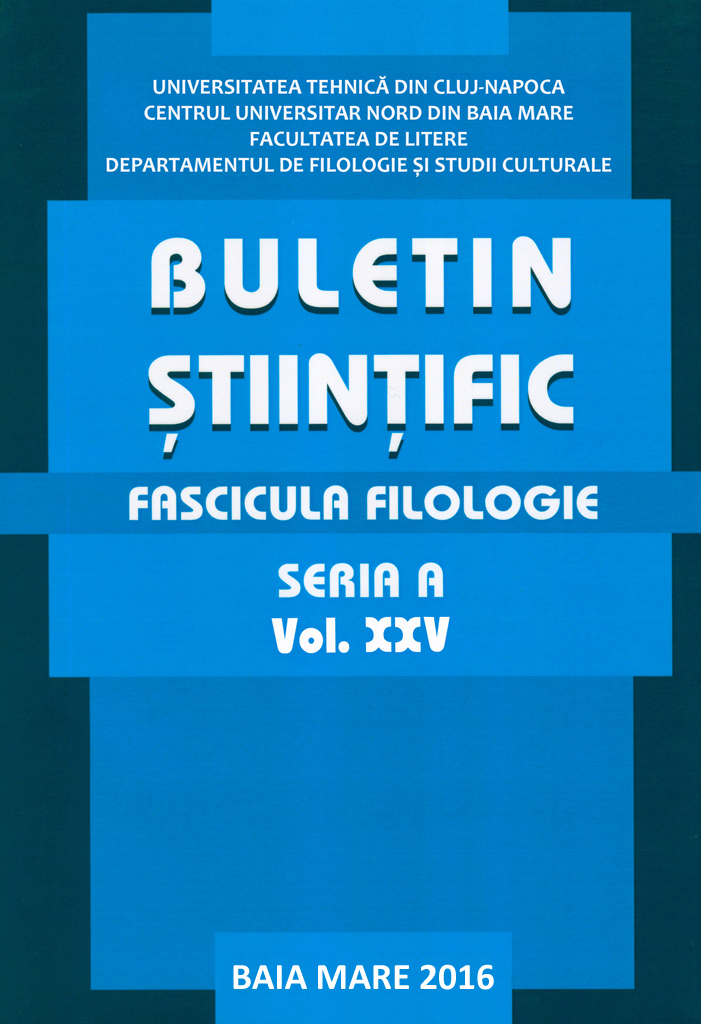„A JUDECA” ÎN DEMOCRAȚIA ATENIANĂ
„TO JUDGE” IN ATHENIAN DEMOCRACY
Author(s): Daniela DuncaSubject(s): Law, Constitution, Jurisprudence
Published by: Editura U. T. Press
Keywords: judgment; citizen; demos; justice; law;
Summary/Abstract: The term „judgment” involves a psychological side and the institutional side. Judgment covers both a faculty and an action that takes place in public or private space. Starting with this distinction one configures many interpretations of the issue of accountability of judgment, as well as the characterization of the democratic function of the capacity to judge. This analysis involves identifying the political dimension of the act of judging, by returning to the Greeks and especially Aristotle. In the 3rd of the Politics, Aristotle analyzes the status of the citizen, the role of demos in deciding and judging, the reciprocity of the status of the judged and the judge. Righteous judgment implies transcending individual opinions (doxai) and the manifestation of a collective practical wisdom (phronesis). The act of deliberation is fair, reasonable, in accordance with justice, because it belongs to the ruler authorized by law, and „law is reason without desire”.
Journal: Buletin Stiintific, seria A, Fascicula Filologie
- Issue Year: XXV/2016
- Issue No: 1
- Page Range: 387-391
- Page Count: 5
- Language: Romanian

